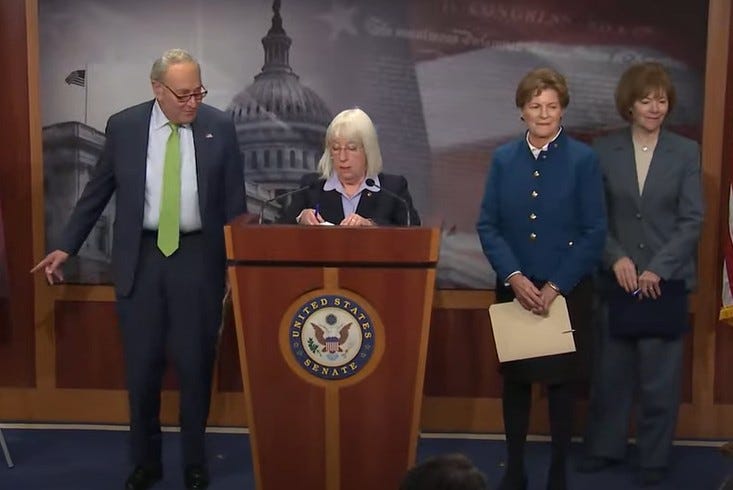A federal complaint has been filed against Montgomery County Public Schools in Maryland, alleging obstruction of parental rights regarding access to classroom materials. The complaint centers on a request from a parent, Rosalind Hanson, a director with Moms For Liberty, to review her child’s curriculum under the Protection of Pupil Rights Amendment (PPRA).
According to the complaint, the school district didn’t follow federally mandated procedures for parental inspection. Instead of direct access, the request was allegedly misdirected and processed as a standard public records request, resulting in delays, fees, and a denial of immediate review of the curriculum.
The core of the dispute revolves around the Family Life and Human Sexuality curriculum, which the complaint asserts falls squarely within the scope of materials parents have a federal right to inspect. The PPRA establishes this right, ensuring parents can examine all instructional materials used in their children’s education.
Legal counsel for the group filing the complaint argues this isn’t simply a matter of state records access, but a direct violation of federal law. They emphasize that parents are legally entitled to know what their children are being taught, and school districts cannot circumvent this right through bureaucratic maneuvering.
The complaint demands that Montgomery County Public Schools reclassify the request, grant immediate and free access to the instructional materials, and establish clear procedures for handling future PPRA requests. The aim is to ensure full transparency and uphold parental rights.
This case arrives in the wake of a recent Supreme Court ruling affirming parents’ rights to exclude their children from lessons that conflict with their religious beliefs. That earlier case involved similar concerns about curriculum content related to themes of homosexuality and transgenderism.
The previous Supreme Court case highlighted concerns about books introduced in elementary schools that addressed topics like gender transitions and same-sex relationships. Parents had initially been allowed to opt their children out of these lessons, but that option was later revoked by the school board.
Rosalind Hanson, involved in both cases, previously stated that many states recognize a parent’s right to opt their children out of sensitive topics, particularly due to religious or age-appropriateness concerns. This latest complaint seeks to reinforce that principle at the federal level.
The complaint underscores a growing national debate about the role of parents in education and the transparency of school curriculum. It highlights the belief that parents, not schools, are primarily responsible for raising their children and shaping their values.






